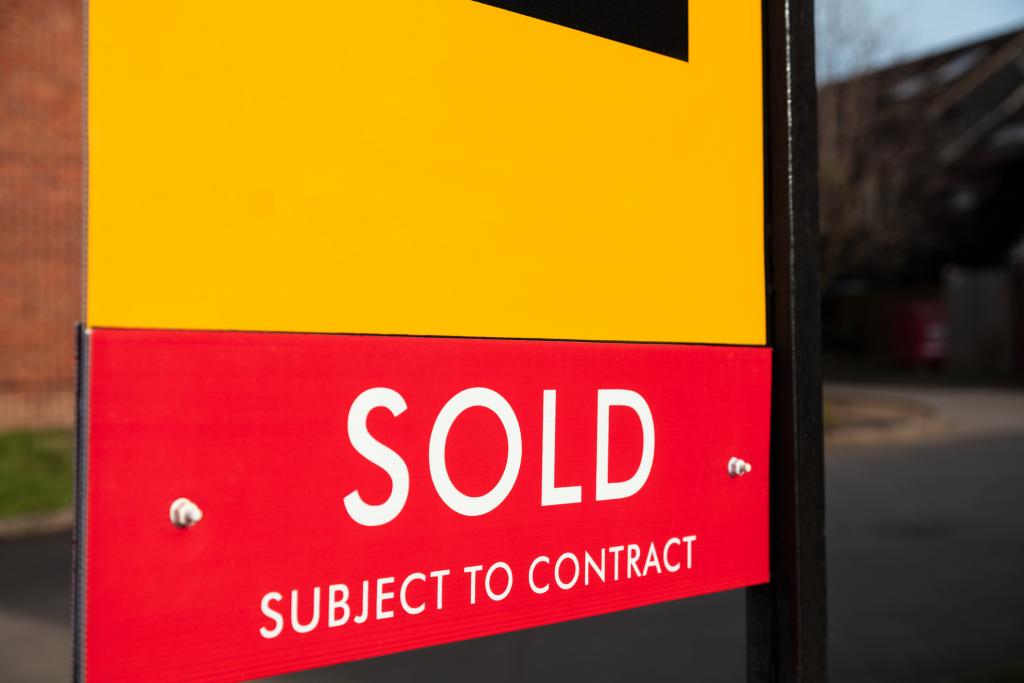
Local Authorities have powers to dispose of land, but are subject to specific constraints as they exercise them. Whilst the use of these powers have been challenged over the years, there seems to be increased scrutiny over their exercise in recent times. Following recent cases, it is more important than ever that Local Authorities consider the relevant legislation thoroughly before disposing of an interest in land to ensure they can overcome any challenge. This article is Part 1 of a 2-part series covering some of the pertinent legislative considerations:
Best Consideration | s123
s123 of the Local Government Act 1972 (“LGA 1972”) allows principal Councils to dispose of land as they wish for the best consideration that can reasonably be obtained unless with the consent of the Secretary of State or by way of a short-term tenancy. When determining the “best consideration”, a Local Authority should only consider consideration that is capable of having commercial, economic or monetary value.
This legislation does not offer a particular process to ensure achievement of best consideration. Case law shows there are various methods. In one case, negotiating with one developer was acceptable where going to market would not achieve best consideration and in another it was appropriate to accept a well-founded offer rather than pursuing the possibility of a higher but speculative approach.
In a recent case, the claimant’s offer was substantially more than the successful bidder but the court found in favour of the Council as they had considered the offers and decided that the successful bidder had a substantially higher prospect of proceeding to completion so was more commercially valuable. They had achieved the common law duty of fairness they were required to.
Local Authorities may also rely on the general consent issued by the Secretary of State to dispose of land for less than best consideration where they consider the purpose of the disposal is likely to contribute to the promotion or improvement of the economic, social or environmental well-being of the area and the extent of the undervalue does not exceed £2 million. If this is intended to be relied upon, the Council must keep a record of how the disposal could contribute in such a way and evidence of the extent of the undervalue.
S127 LGA 1972 affords Parish and Town Councils the power to dispose of land subject to securing the best consideration they can, similar to the provisions of s123. A public interest report issued under s8 of the Audit Commission Act 1998 offered the following recommendations to Local Authorities following the failings by Uttoxeter Town Council in a sale of their land:
- Without marketing the property and/or obtaining an appropriate independent valuation, it is impossible to demonstrate achieving best consideration. Therefore, whilst it is not a legal requirement, doing so is a crucial part of ensuring the best price is achieved.
- Proper legal advice should be taken and it should be ensured that the advice received is thoroughly considered.
- Any decision must be lawful, in that it can be shown to have been reasonable. It will be deemed unreasonable if it fails to take account of relevant factors, takes into account irrelevant facts or is one that no reasonable Council would make.
- If key information is not available, any meeting to decide on the proposal should be adjourned to allow proper consideration.
For more information on Local Authority Land Disposal you can read Part 2 on Subsidy Control and Open Spaces.
If you have any further inquiries regarding Local Authority Land Disposal and the s123 agreement, please contact our Public Sector team, we would be happy to help.
